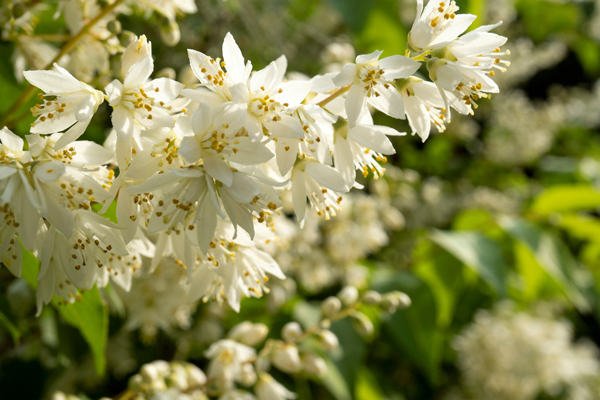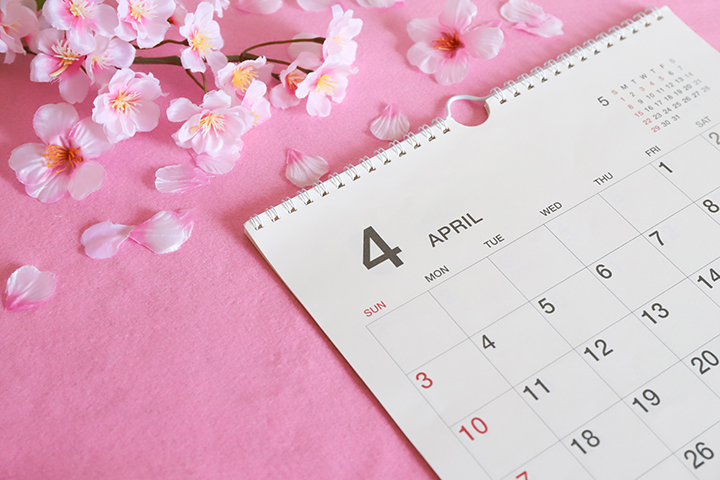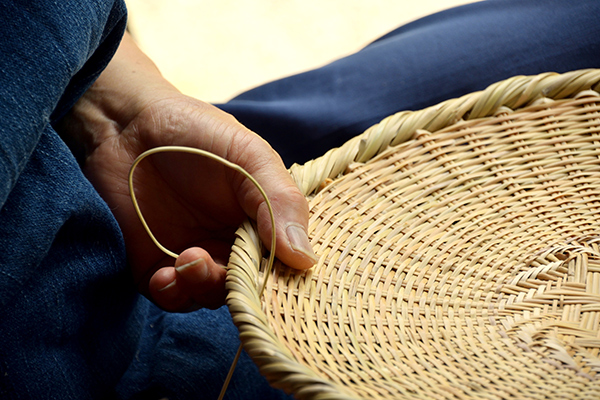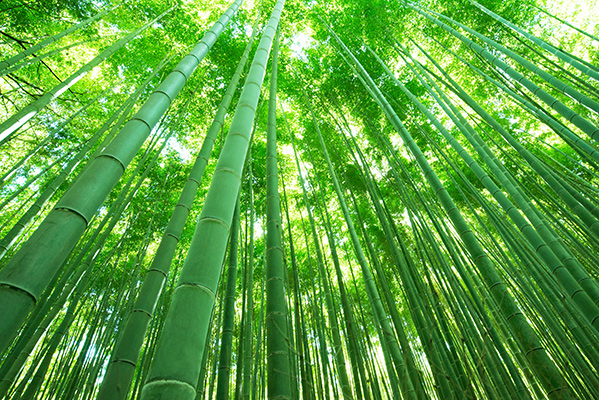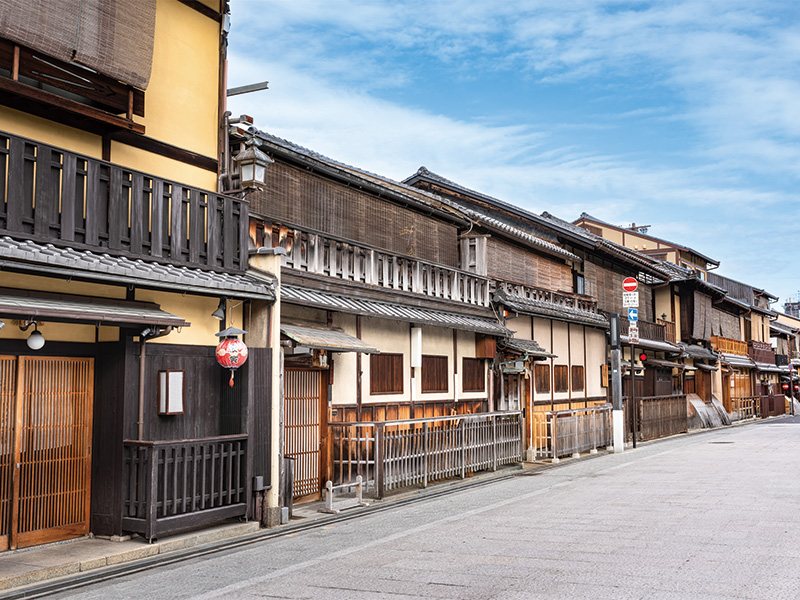In Japan, there is a culture of "medicinal baths" where seasonal plants and fruits are floated in the bath. This tradition has been passed down as a way to wish for health while enjoying the scents and colors of nature throughout the four seasons. Let's introduce the benefits of each bath by season.
Spring: Baths that Feel the New Budding
Shobu-yu (Iris Bath)
• When? May 5th (Children's Day)
• What kind of bath? Iris leaves are floated in the bath. The scent is believed to have the power to ward off evil spirits and is a custom to wish for health.
• Benefits: Promotes blood circulation, relieves fatigue, and has a relaxing effect. The scent of iris warms the body and alleviates stress.
• Trivia: It is said that bathing in Shobu-yu will help you "win against illness for a year," and it has been especially valued for praying for children's health.
• Shobu-yu (Iris Bath)
• Yomogi (Mugwort) used in Yomogi-yu
Yomogi-yu (Mugwort Bath)
• When? March to May
• What kind of bath? Young spring mugwort is floated in the bath. The gentle scent gives a feeling of spring.
• Benefits: Promotes blood circulation, improves cold sensitivity, and prevents rough skin. It is also expected to alleviate female-specific ailments.
• Trivia: Mugwort is also called the "Queen of Herbs" and is used in teas and aromatherapy overseas.
Summer: Baths with Refreshing Scents
Momo-no-ha-yu (Peach Leaf Bath)
• When? June to August
• What kind of bath? Peach leaves are floated in the bath, spreading a refreshing scent.
• Benefits: Improves rough skin, prevents heat rash, and has moisturizing effects. It soothes summer fatigue and refreshes the body.
• Trivia: Peach is also known as a talisman against evil and is a symbol of the Doll Festival.
• Refreshing scent of "Peach Leaf Bath"
• Forest-like scent of "Sasa-yu (Bamboo Grass Bath)"
Sasa-yu (Bamboo Grass Bath)
• When? July to August
• What kind of bath? A bath filled with plenty of bamboo leaves, providing a refreshing sensation.
• Benefits: Antibacterial properties, keeping the skin clean, and refreshing the mind. The scent soothes a tired heart.
• Trivia: The leaves used in Sasa-yu are typically Kumazasa, which offer a forest-like aroma.
Autumn: Baths with Rich Harvest Scents
Kiku-yu (Chrysanthemum Bath)
• When? September 9th (Choyo no Sekku)
• What kind of bath? Floating chrysanthemum flowers in the bath releases an elegant fragrance.
• Benefits: Relaxation, improving skin condition, and warding off evil spirits. Chrysanthemums contain components that calm the mind.
• Trivia: During Choyo no Sekku, there is also a custom of drinking "Kikusake," sake with chrysanthemum flowers floating in it.
• Elegant fragrance of "Kiku-yu"
• Refreshing scent of "Mikan no kawa-yu" (Dried Mandarin Peel Bath)
Mikan no kawa-yu (Dried Mandarin Peel Bath)
• When? October to January
• What kind of bath? Floating dried mandarin peels in the bath, characterized by a refreshing scent.
• Benefits: Promotes blood circulation, improves cold sensitivity, and relieves fatigue. The citrus scent refreshes the mind.
• Trivia: Using fresh peels enhances the fragrance, leaving the skin moist after bathing.
Winter: Baths that Warm the Body from the Core
Yuzu-yu (Yuzu Bath)
• When? Around December 22nd (Winter Solstice)
• What kind of bath? A bath with whole yuzu fruits, rich in fragrance and vitamins.
• Benefits: Improves cold sensitivity, promotes blood circulation, and prevents colds. Vitamin C in yuzu improves skin condition and provides excellent relaxation effects.
• Trivia: It is said that bathing in Yuzu-yu on the winter solstice will prevent colds until the next summer.
• Relaxing with the scent of yuzu in "Yuzu-yu"
• Warming up with "Shoga-yu" (Ginger Bath)
Ginger Bath
• When? November to February
• What kind of bath? Grated ginger wrapped in gauze is floated in the bath, warming the body thoroughly.
• Benefits: Improves cold sensitivity, boosts immunity, and promotes blood circulation. It warms the body from the core, making it perfect for cold winters.
• Trivia: Drinking ginger tea enhances its effects, warming the body both inside and out.
Pine Needle Bath
• When? December to March
• What kind of bath? Floating pine needles in the bath spreads a refreshing scent.
• Benefits: Tightens the skin, promotes blood circulation, and has a refreshing effect. It is also said to help alleviate insomnia.
• Trivia: The scent of pine has aromatherapy effects, making you feel like you're taking a forest bath.
• Feeling like you're taking a forest bath with "Pine Needle Bath"
• Enjoying medicinal baths not only at home but also at public baths and hot springs
Enjoying Seasonal Baths by Floating Plants in the Bathtub
Medicinal baths are a unique Japanese culture where seasonal plants and fruits are floated in the bath, allowing you to feel the blessings of nature on your skin. Wrapped in the scents and benefits, enjoying the seasonal atmosphere is a truly luxurious moment. Next time you take a bath, why not take a little extra effort to try a medicinal bath? It will surely warm your heart and body, melting away the daily fatigue.



